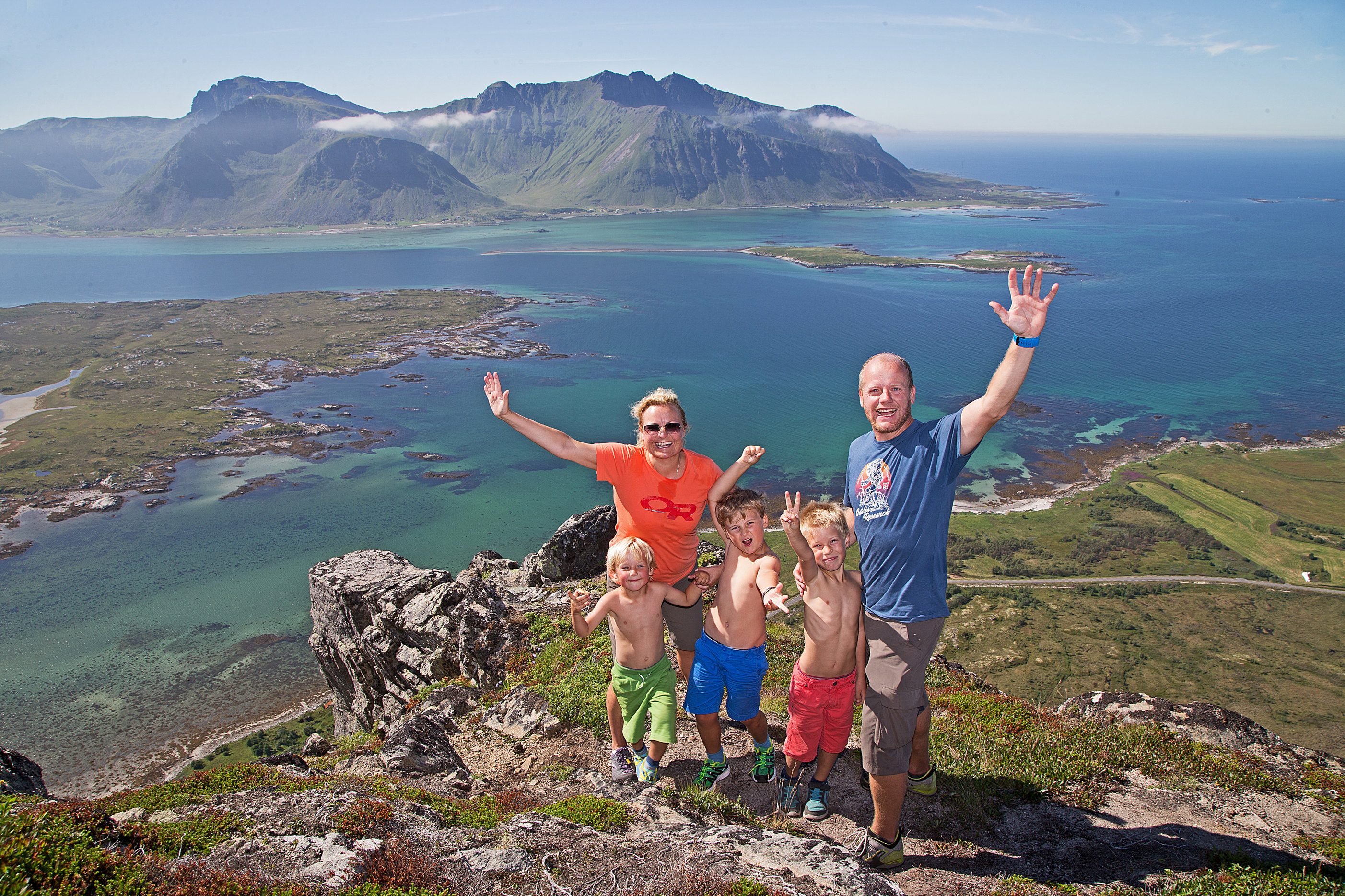A Trump administration report presents a grossly distorted picture of Nordic nations
OPINION: A bizarre report from the president's Council of Economic Advisers attacks Nordic nations' "socialism" — but can't manage to get its facts straight.

The Trump administration didn’t put its top minds to work on “The Opportunity Costs of Socialism,” a 72-page report that paints a dim portrait of conditions in Norway and other Nordic nations.
Or perhaps the president’s Council of Economic Advisers are political hacks concerned more about winning political points in the midterm elections than academic integrity.
Either way, the document is a confused mish-mash aimed at scaring Americans with the word “socialism” and linking proponents of universal health care to Marx, Lenin and Mao.
It connects the nightmare of Venezuela to more successful nations and claims “the experiences of the Nordic countries also support the conclusion that socialism reduces living standards.”
This is a sloppy document that is almost incoherent in parts and contains obvious errors, such as the declaration that Alaska has the lowest population of the 50 states.
Equally questionable is the bizarre claim that the true barometer of prosperity is the cost of owning a new Ford Ranger XL pickup truck.
All in all, “owning and operating a pickup truck costs the average worker in a Nordic country substantially more than it costs the average American,” the report boasts.
But facts are not at the heart of this right-wing treatise. Wyoming, not Alaska, has the lowest population of any state, and the Ford Ranger XL pickup, recently reintroduced, wasn’t even sold in the U.S. from 2012-2018.
Let’s hope that few people in the U.S. will be fooled by this amateurish propaganda or accept the assertion that, “by some measures, even poor American households have better living standards than the average person living in a Nordic country.”
New York Times columnist Paul Krugman, a Nobel laureate, offers a more convincing argument when he says that after factoring in the range of government benefits financed by taxation, “it’s likely that at least half the Nordic population are better off materially than their U.S. counterparts.”
When you factor in policies that provide for longer vacations and a better work-life balance, Krugman says, “you can make a good case that taking all of this into account, the majority of Nordic citizens are actually better off than Americans.”
In 2017, the magazine The Economist placed Norway and Iceland ahead of the U.S. in its measurement of living standards, while Sweden and Denmark were just behind.
The Trump advisers have cherry-picked statistics to build a grossly distorted case, omitting key indicators that are positive for Nordic countries — everything from life expectancy and mortality rates to opportunities for higher education.
The report claims to find a deep meaning by comparing the lack of a state sales or income tax in Alaska — suggesting that is proof of responsible management — to the relatively high tax burden in Norway, which also has benefited from oil production.
The authors failed to address how Norway has managed to save twice as much per capita from its oil wealth as Alaska has and placed itself in a much stronger position to deal with climate change and the eventual end of the fossil fuel era.
By relying entirely on oil for decades, Alaska has created an economy in which the key controlling factor is the world price of oil — that is hardly evidence of good management. I would make the case that Alaska has mismanaged its opportunities and made life more difficult for its residents.
Perhaps the best response I’ve seen to the Trump attack on the Nordic countries came from Danish Prime Minister Lars Lokke Rasmussen.
“If there is one area where Americans can beat Denmark, it is enough that they are better at praising themselves (some might even say bragging about the things they are good at). We Danes are probably more critical of ourselves and our small country, while the Americans are happy with everything that is going well.”
“Maybe we should just get better at bragging more about everything that we actually do really well,” Rasmussen wrote on Facebook.
Columnist Dermot Cole lives in Fairbanks. He can be reached at [email protected].
The views expressed here are the writer’s and are not necessarily endorsed by ArcticToday, which welcomes a broad range of viewpoints. To submit a piece for consideration, email commentary (at) arctictoday.com.